Earlier this year, when he was guest of honor at the Asian Film Awards, Kurosawa Kiyoshi was in determined mood as he spoke about his craft, his influences and a need to keep reinventing himself. Six months and several accolades later, he is just as resolute.
“I turned 68 last year. I’m not sure there are many directors my age making two films in one year,” Kurosawa said in March.
Now, he could be forgiven for being exhausted. Kurosawa’s tally of completed films in 2024 has increased to three – mid-length horror “Chime,” revenge-thriller remake “Serpent’s Path” and actioner “Cloud” which has collected Japan’s endorsement as its Oscar contender. And he heads to Tokyo having recently completed a marathon series of publicity events, awards speeches and a masterclass at the prestigious Busan festival. At this week’s Tokyo International Film Festival, he will give another master class, this time as part of the Asian Film Students’ Exchange Program.
What appears to keep Kurosawa, now 69, ticking over is a willingness to grab opportunities that allow him to keep experimenting on screen, without needing to get bogged down in the weeds of production or fund-raising.
“For ‘Chime’ a producer approached me and asked me to make a 45-minute film. It was not for streaming and also not for cinematic purposes,” Kurosawa told Variety. “As the producer was offering me absolute flexibility – the only sort of genre of requirement was that he wished to have a horror film that is new and different from before, bizarre and strange and weird in a sense, but also not avant garde – I found the challenge interesting and I said I’d take it.”
“Chime,” which debuted in Berlin, is a psychological teaser that at least one critic has likened to a pilot episode of an as-yet unmade TV series. It involves the mental deterioration of a cool and calculated culinary teacher as he interacts with his class of disturbing students and a dysfunctional family at home.
The framing is crystal clear. The intentions are ambiguous and unnerving.
“Serpent’s Path,” which debuted on Japanese commercial release before hitting the San Sebastian and Busan festivals, is a violent drama-thriller that is a remake of Kurosawa’s own 1998 film of the same title, only this time made in French.
“After a casual encounter, a French producer many years ago asked me if I had the chance to remake any of my films, which one I’d do. Without hesitation, I told him ‘Serpent’s Path would my choice. It didn’t happen at the time, but last year he got in touch again and told me that he had the budget and that we could make it in France. It was a super opportunity and I said ‘yes’ right away,” Kurosawa said.
“One reason to re-do the film was the revenge-themed screenplay by my friend Takahashi Hiroshi. It was set in the Yakuza [organized crime milieu], but it is completely universal. And the script still holds up today,” Kurosawa said. “But at the time we made it in 1998 it was very low-budget and the script was so strong that I could not entirely call it my film. I was keen to take the opportunity to make ‘Serpent’s Path’ again, but with my own style.”
The re-tread avoids Yakuza references and switches the protagonist from male to female, a woman who has lost her child. That necessitated a different ending and the addition of other characters.
Avoiding stereotypes was again on Kurosawa’s mind when preparing “Cloud.” “I had been hankering to make an action film. Many Japanese action films are too much about fantasy, either Yakuza [gangsters] or serial killers. I wanted someone more ordinary to be the protagonist and perpetrator, an ordinary person faced with an unusual or unexpected violent situation. I don’t consider the opening scene as an action scene. Just one with an ordinary person in an extreme situation,” he said in Busan.
“The cold and cynical tone that you may have been detected in ‘Cloud’ were not my intentions,” he said in response to an audience question. “I had no particular message when making the film. Rather, achieving the utmost realism was my main focus. But it was hard to maintain and, in fact, needed a different approach.”
Despite his voluminous track record – Imdb logs him with 74 film credits and 15 TV shows – Kurosawa says that not many investors were interested in funding his action genre experiment. But once the popular actor Suda Masaki came on board, the money followed.
Kurosawa is grateful to Suda, 30, for more than getting the picture bankrolled. “I wanted someone a little dirty. Suda is very handsome and stylish, but he transforms into ordinary very well,” Kurosawa said. “Also, Suda was able to interpret from the minimal explanations in my script. He didn’t ask many questions.”
“My scripts are mostly bare minimum, so that things can be interpreted on set. I’m unlikely to ever give a detailed description of place. Maybe I don’t even know it. You could almost say it’s incomplete,” said Kurosawa. “This is my disclaimer. It’s like saying ‘this is all I know for now.’ But I rarely change the lines of dialog that I have written. And I don’t write things that I know absolutely nothing about. Otherwise, I’d have to experience it for myself.”
In Busan, many of the presentations and interviewers seemed to want to label Kurosawa as a genre film specialist. That was a label he seemed to both dismiss and to embrace.
“To me, a genre film is just a film,” Kurosawa said at one point. At another moment he lauded Korean filmmakers for making more genre films than his Japanese counterparts. “I’m a little jealous,” he quipped on stage and explained that Japanese filmmakers have drifted in other directions.
“When I was much younger, we worked on 8mm. Sound was hard to capture. I made some silent movies. Dialog had to be simple. That pushed me into genre films,” he explained. That, and a diet of 1970s and 1980s ‘exploitation movies,’ or ‘genre titles’ to use contemporary terminology.
“Today there are two main groups of filmmakers in Japan. The first group is of course commercial filmmakers. They mainly focus on the Japanese domestic market. Then there is another group that is more sensitive, who care more about their own style and would like to expand into the international market, maybe raise funds there too,” Kurosawa told Variety. “It is a pity that there is this kind of division. Maybe, I’m a blend of the two.”
Indeed, Kurosawa has been something of a pioneer in Japanese foreign co-production film and has worked abroad on at least three occasions. His aptly-named “To the Ends of the Earth” was made in partnership with Uzbekistan’s Uzbekkino.
Kurosawa respects experimentation in others too. Asked who among the younger generation of Japanese filmmakers he most admires, he quickly identified “Drive My Car” director Hamaguchi Ryusuke.
“Hamaguchi is very diverse, always trying to take different paths, making very different films from me,” Kurosawa said, before elliptically adding, “We speak often, but not about our work.”

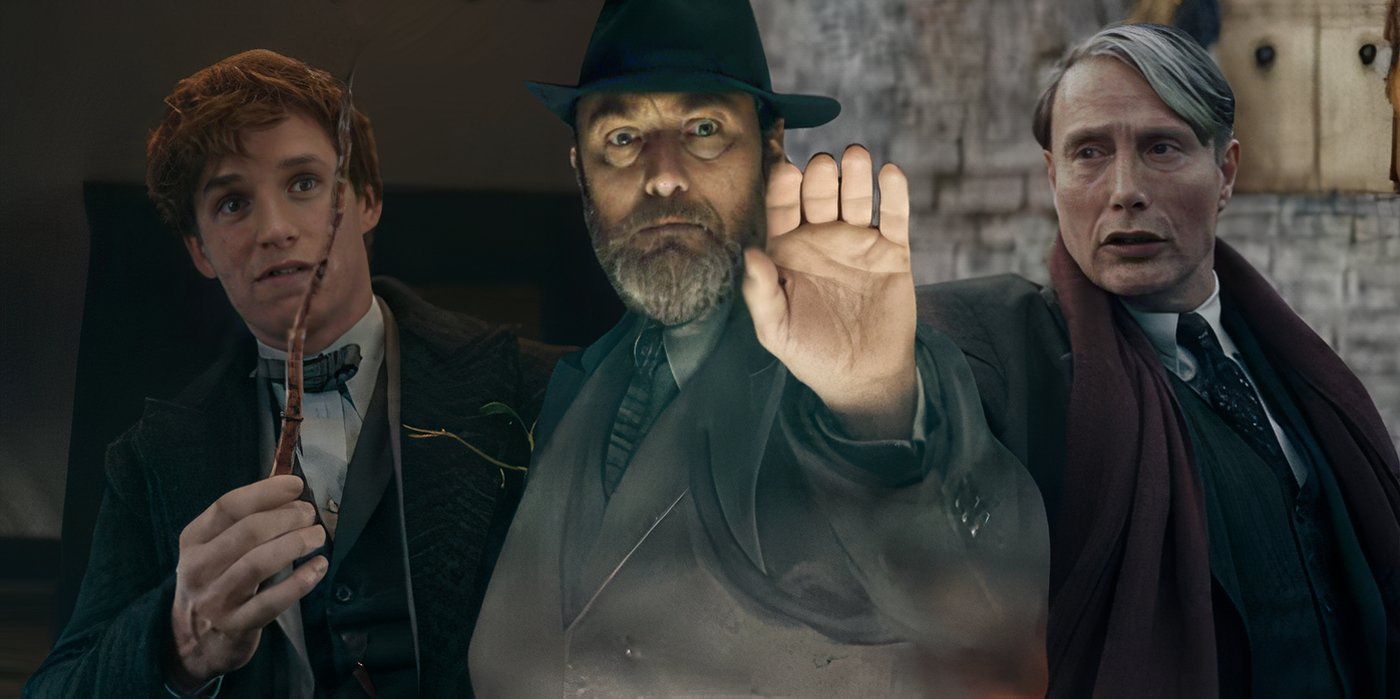
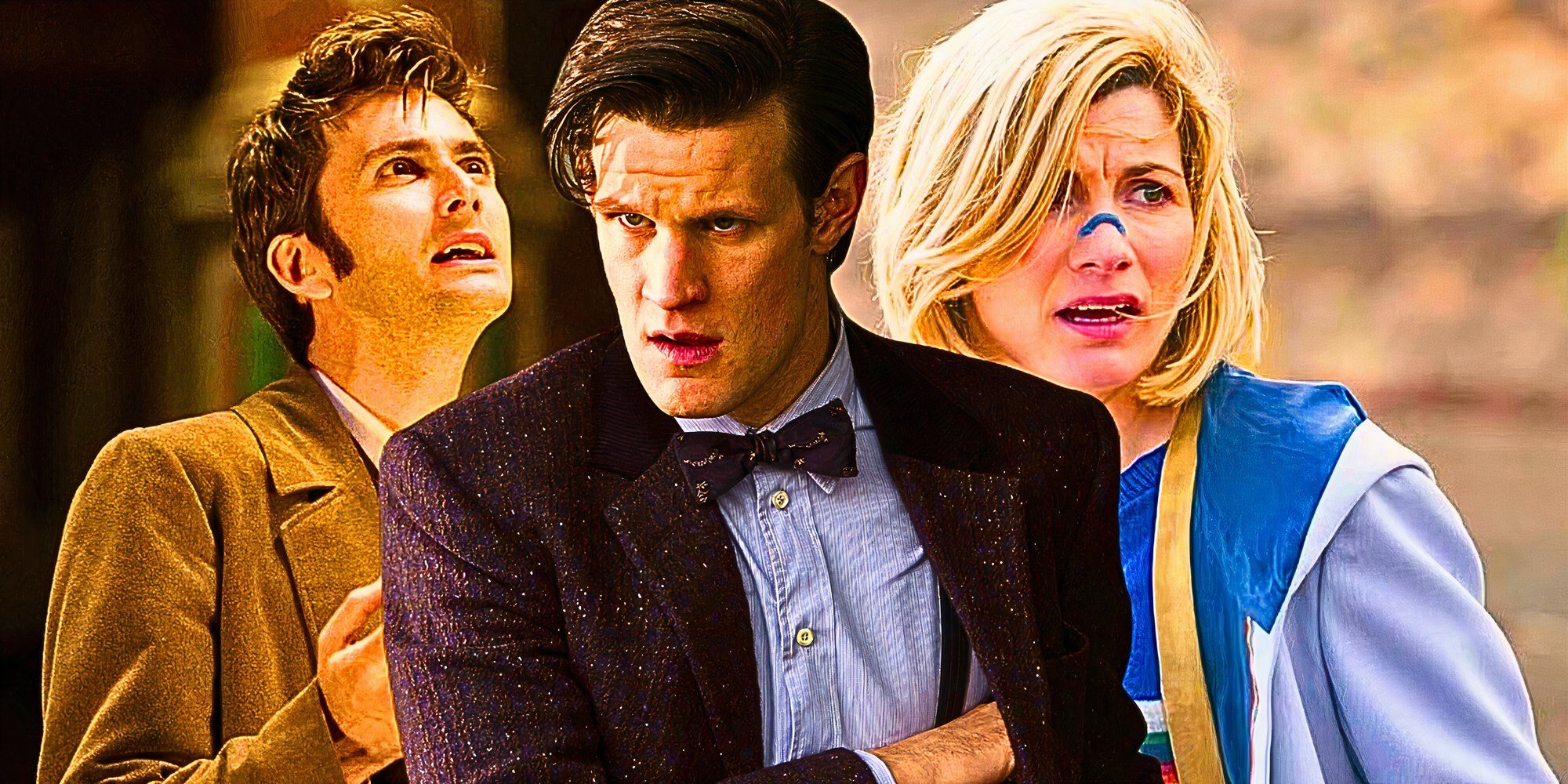
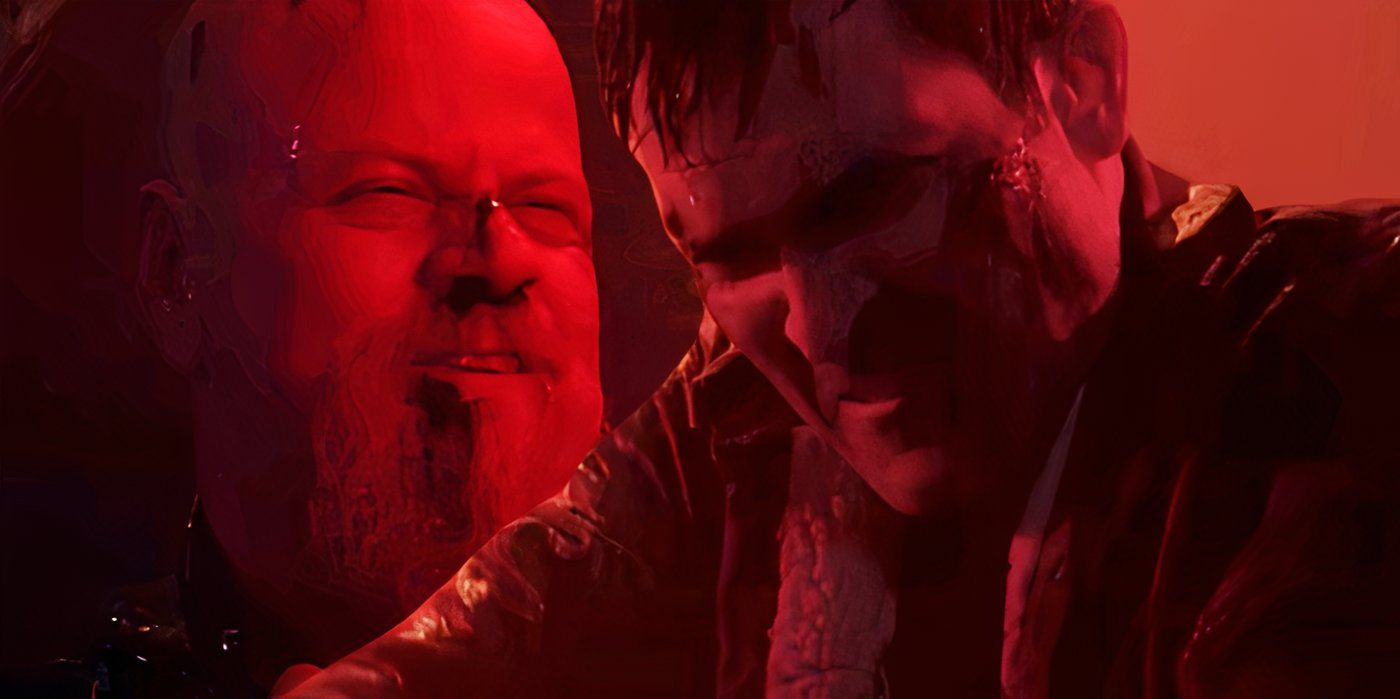
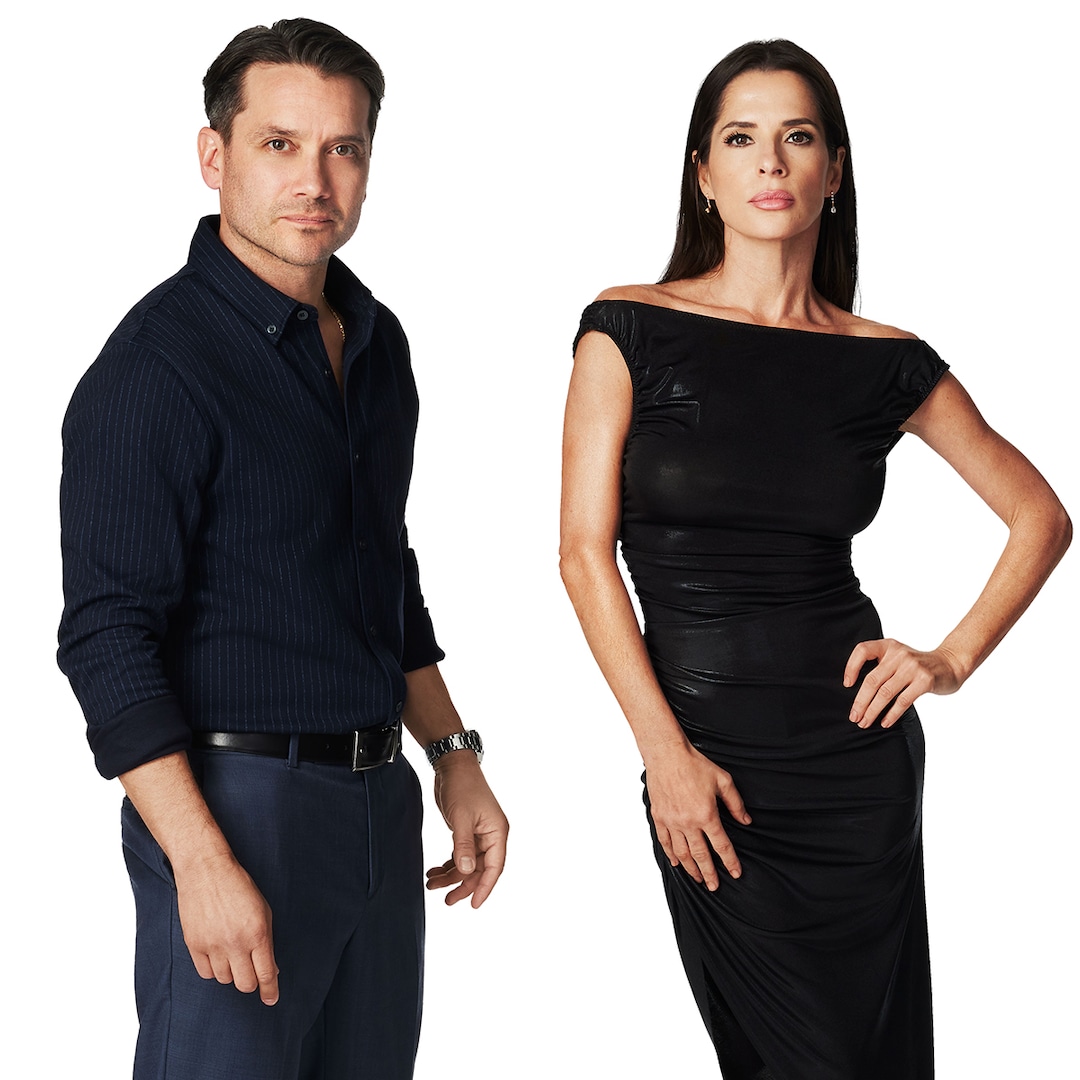
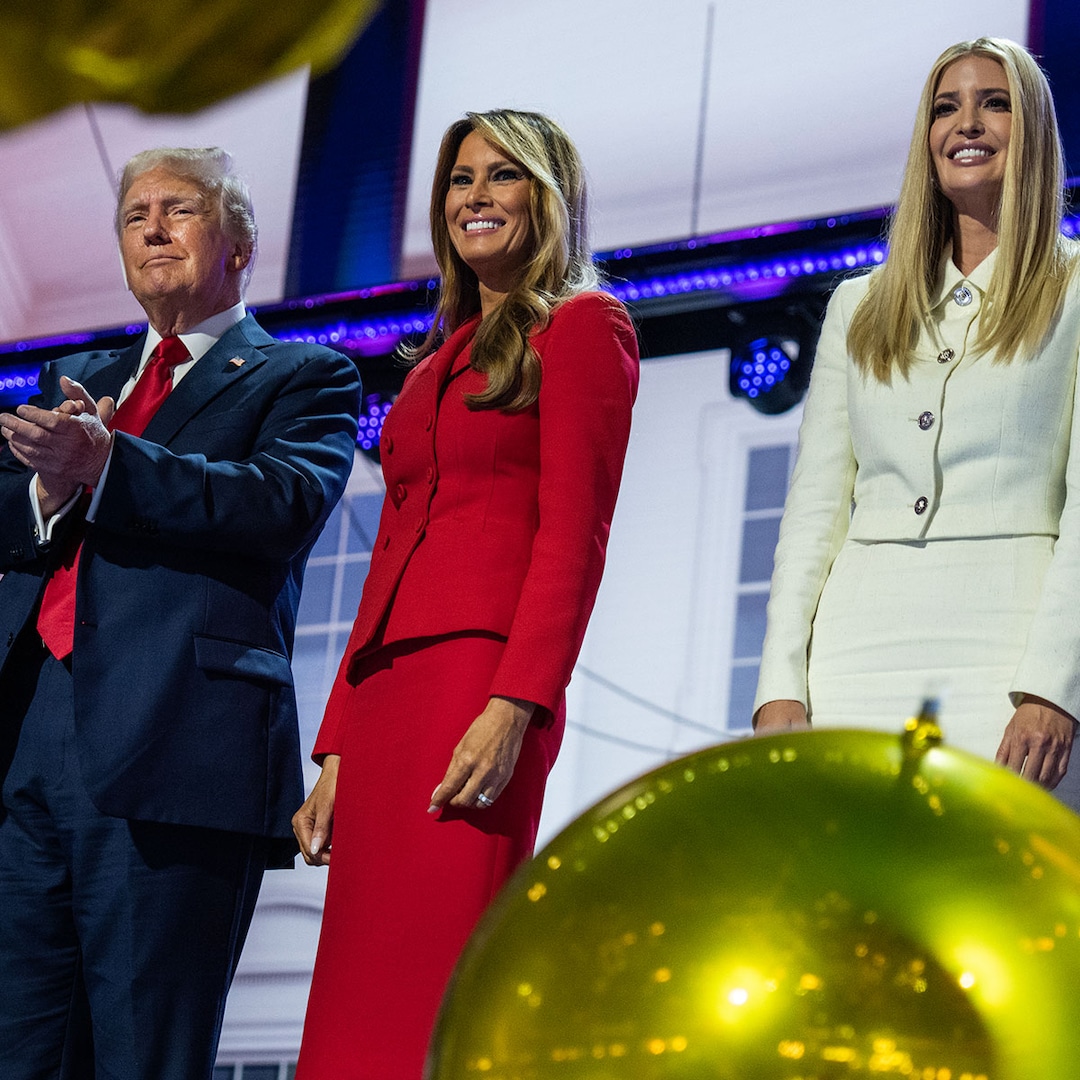

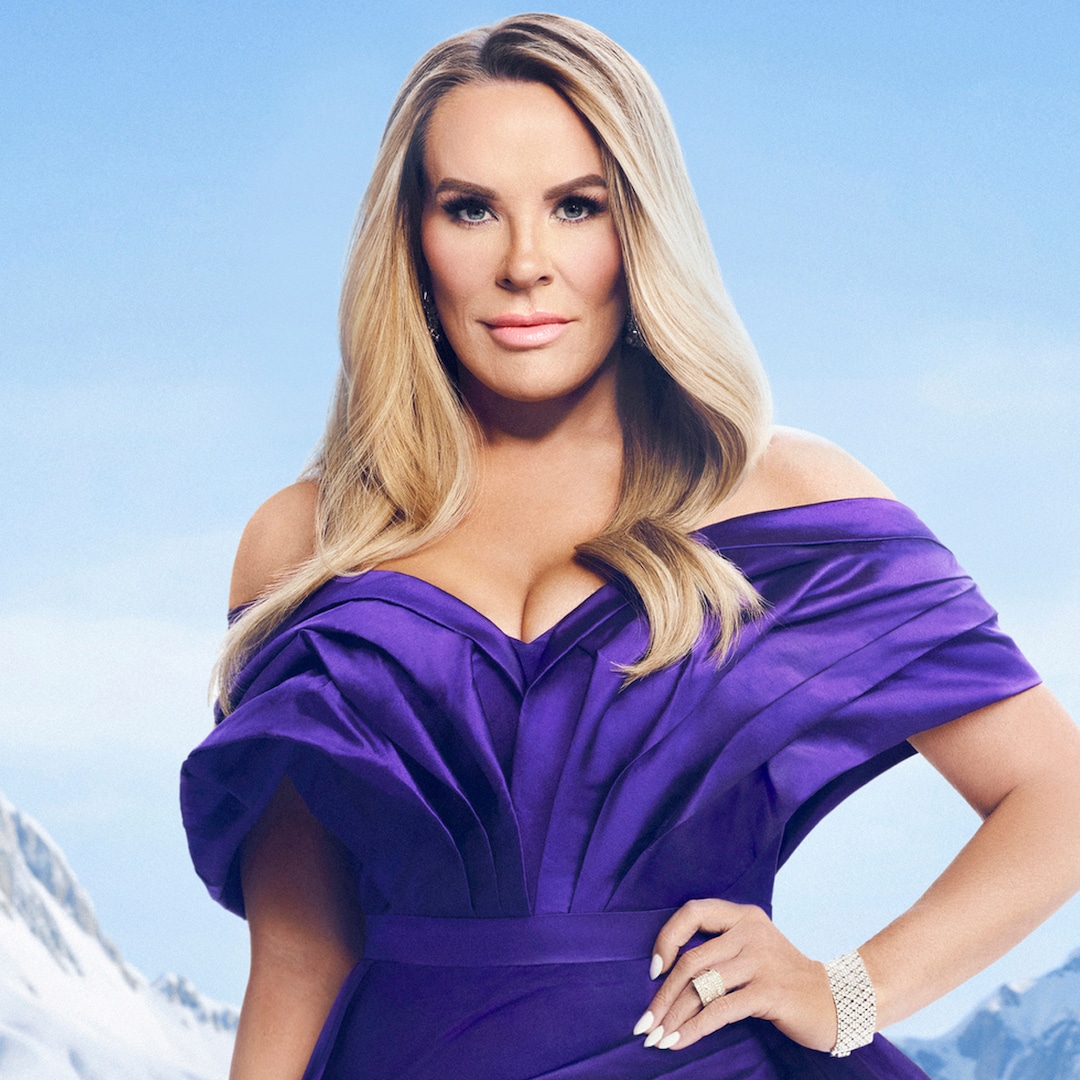
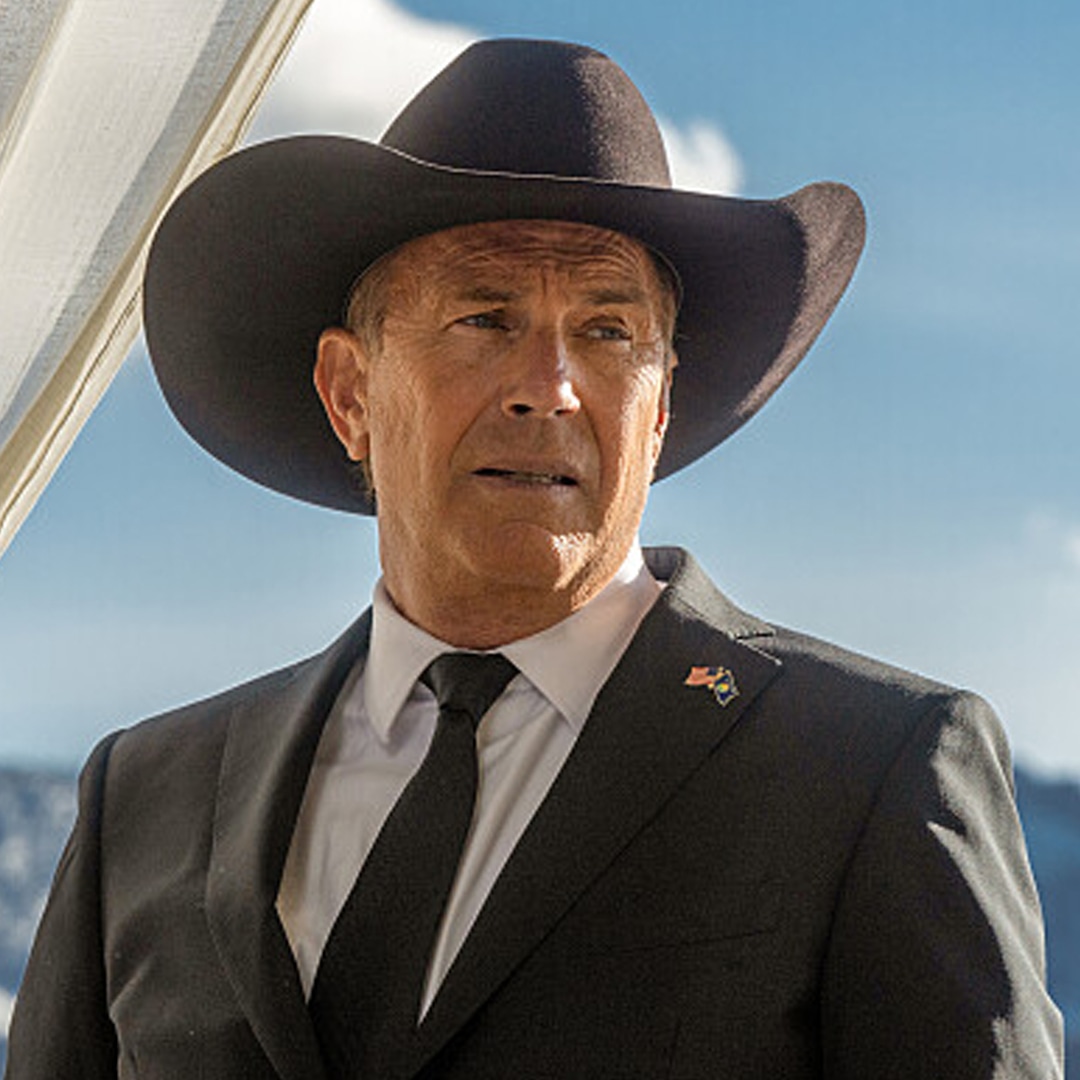
 English (US) ·
English (US) ·